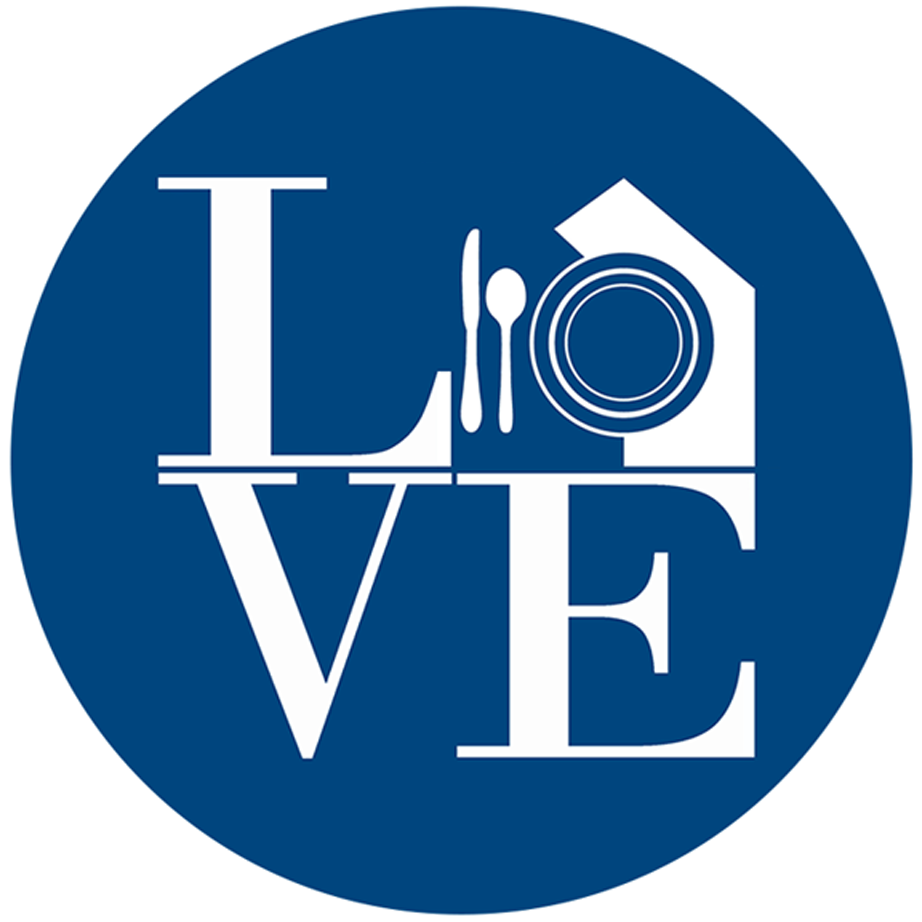Dave Aceto from Arcadia, racial equity activist Tori Lyn and Alec Haviland from Dear Dairy are working together to identify needed improvements to the Portland permitting and inspection process. Here’s how Haviland wrote about this effort on instagram,
Dave Aceto, Tori Lyn and I have been working on a project to try to make the permitting and inspection process in Portland more equitable, more accessible and more efficient. After slogging through the process this past year I felt like, if we came together as constituents and legislators, we could build a better future for all current and prospective business owners. We’ve all heard the joke made when talking about our new projects, You: “So we are planning to be open in June!” Them: “Oh that’s so cute! So we’ll see you in February?” Honestly, I feel like we joke about it so we don’t cry about it. I sincerely believe that, especially coming out of the pandemic and into a time of healing and growth, our community needs to come together to make it easier for everyone to grow their projects.
As part of their process Lyn, Haviland and Aceto are looking to get input from a wide variety of business owners about their own experiences. You can contribute to their efforts by filling out this survey.
